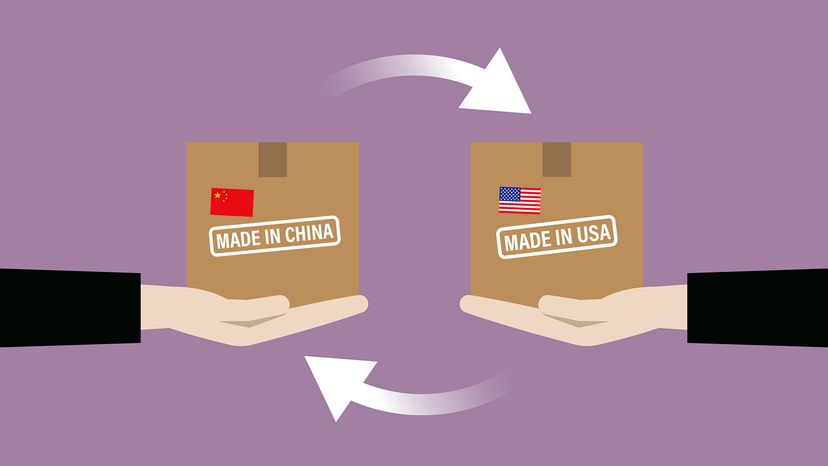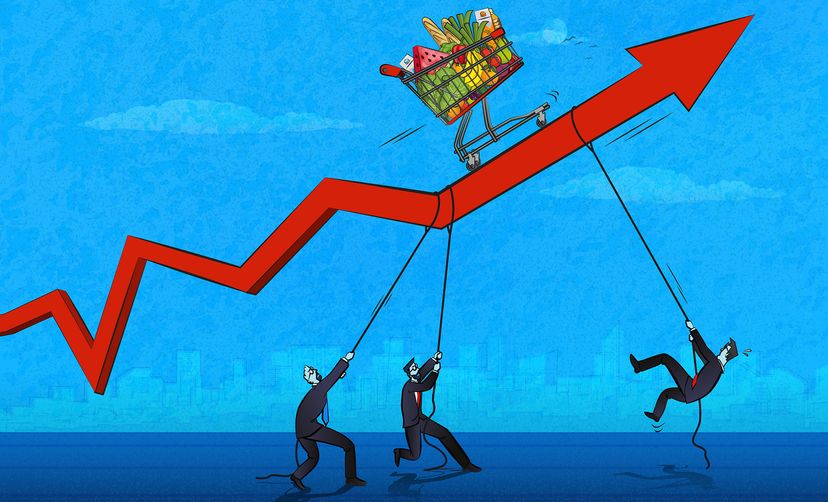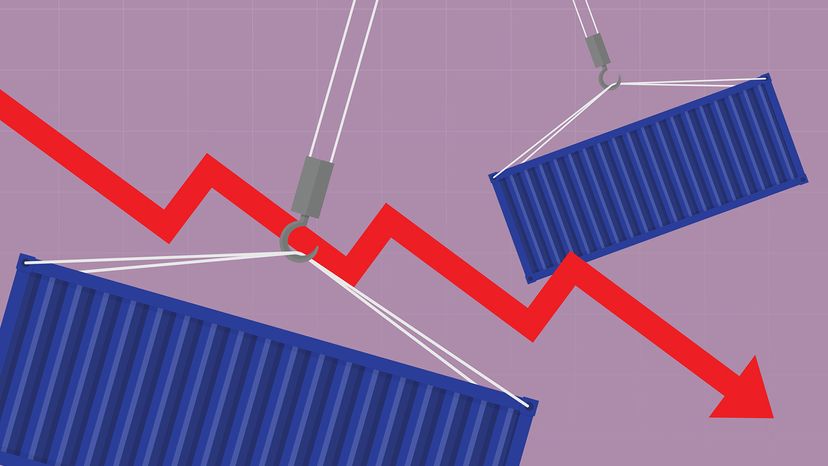
Since beginning his second term, President Donald Trump has imposed several tariffs on foreign countries, prompting an upheaval in financial markets and creating an atmosphere of crisis. These tariffs have also led, predictably, to a slew of retaliatory tariffs imposed by the countries targeted.
While anybody paying attention to his presidential campaign (or his last term, where Trump's steel tariffs, among others, were a major issue) shouldn't be all that shocked, Trump's tariffs have stunned and dismayed many analysts, especially in their scope and severity.
Advertisement
Given how potentially damaging they are to economies, it's unsurprising that the retaliatory measures are equally harsh, which has prompted discussion of a trade war.

